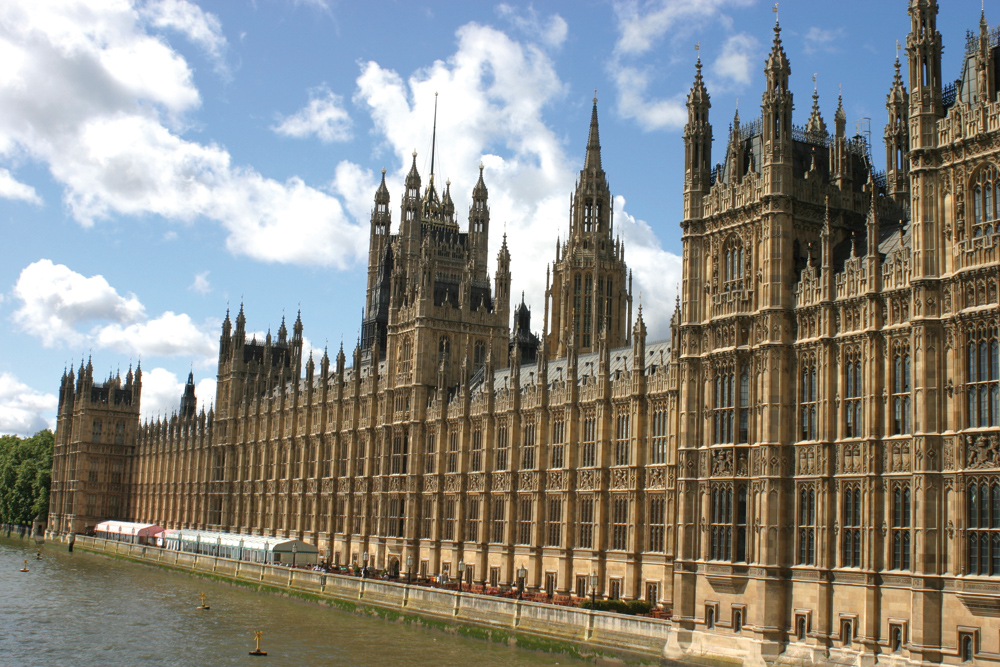First-time Buyer
Who’s who in Johnson’s first cabinet?

Who are the new government ministers who will affect your finances?
Prime Minister Boris Johnson has appointed his new cabinet, with more than half of Theresa May’s old cabinet gone and some controversial appointments making the headlines.
Ministers holding the positions of chancellor of the exchequer, work and pensions secretary, and housing secretary will be in charge of policies having a direct effect on the nation’s finances.
Chancellor: Sajid Javid
Former home secretary Sajid Javid is taking over from Phillip Hammond as chancellor of the exchequer.
The former investment banker was initially in the running for the Conservative leadership but when he lost in the fourth round of MP’s voting, he moved his support to Johnson.
Javid’s first budget is likely to be in October or November, but he has already set out some of his tax and spending plans during his leadership campaign. Presuming he still favours the same policies now he is chancellor, we could see an extra 20,000 police officers, as well as investment in social care and education.
However, these are expensive policies, and it’s unclear how they will fit in with the tax cuts Johnson has pledged. The new Prime Minister wants to raise the threshold at which the 40p income tax rate kicks in from £50,000 to £80,000.
Work and pensions secretary: Amber Rudd
In a surprising move to many, Amber Rudd remains in her previous position of work and pensions secretary. She has also been given the additional role of women and equalities minister.
Jon Greer, head of retirement policy at Quilter, said: “Since Iain Duncan Smith left the role after six years in March 2016, we have seen a string of politicians try and fail to hold onto the coveted cabinet role of work and pensions secretary, so it is pleasing to at least see some consistency with Amber Rudd staying on in Boris Johnson’s new look cabinet.
“Rudd has not had much time to implement anything particularly meaningful since taking the reins. However, in some ways this is a good thing as the DWP is responsible for long-term savings policy and it’s simply impossible for the public to have faith in any enacted policy when the leadership of the department chops and changes so frequently. The only hope is that Rudd stays for more than one calendar year.”
Rudd’s to-do list is likely to include work on the state pension forecast, the pensions dashboard, expat pensions, and plans to encourage self-employed workers to save more for retirement.
Housing, communities and local government secretary: Robert Jenrick
The role of housing secretary is a big promotion for Robert Jenrick who, aged 37, is the youngest member of Johnson’s cabinet and has only been a MP since 2014. He takes over from James Brokenshire who stepped down from the role.
Esther McVey also takes over from Kit Malthouse as housing minister. McVey was previously secretary of state for work and pensions, responsible for Universal Credit and the “bedroom tax” and will be the Tories’ ninth housing minister in nine years.
The housing brief is undoubtedly a challenging role with issues such as the re-cladding of hundreds of unsafe tower blocks in the wake of the Grenfell Tower fire and the leasehold scandal to solve, as well as ongoing concerns about home ownership levels.
Jeremy Leaf, north London estate agent and former RICS residential chairman, said: “The personalities are not important. What we want to see is a continuation of the policies which their predecessors started – in other words, improving transactions, numbers, regulation, supply of affordable housing and improving planning processes. While they may not have much background or experience on the property side of things, the new housing minister is very high profile and hopefully keen to make as big a name for herself in the housing sector as she has elsewhere.
“The best news of all is that they have seats in the cabinet, although McVey won’t be a full member, which hopefully shows the importance the new Prime Minister attaches to the housing crisis.”
Click here to read more about what Johnson as Prime Minister will mean for your money.